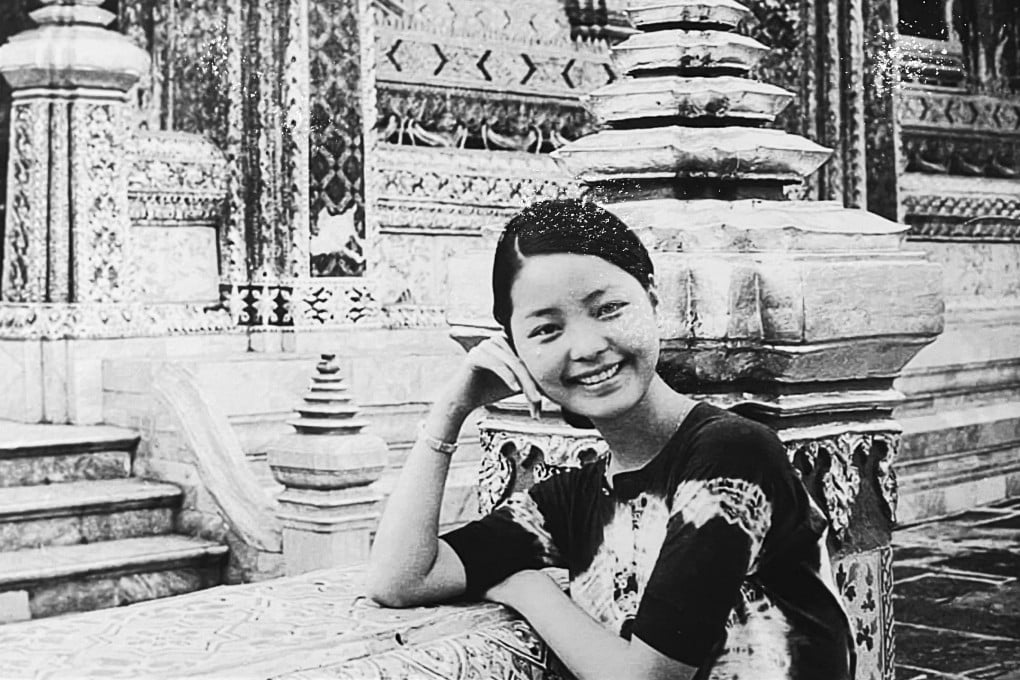What the butler saw: Teresa Teng’s death in Chiang Mai in Thailand, and how she found love there
- Teresa Teng’s 1995 death led to many a conspiracy theory. A former employee of the Chiang Mai hotel where the singer died recalls the fateful day

For the Chinese-speaking world, Teresa Teng Li-chun’s untimely death on May 8, 1995, at the height of her fame, aged just 42, could perhaps be compared to the deaths of Elvis Presley, Marilyn Monroe or Princess Diana; in that they were deaths that not only shocked millions of admirers, but sparked endless waves of conspiracy theories.
Some of the more bizarre theories surrounding Teng’s passing allege that she was assassinated by the CIA to prevent East Asian unification, or faked her death and absconded to France.
In 2015, it was even proposed that Teng had been reincarnated as a Thai girl, Vanatsaya Viseskul, who, then 16, looked like the Teng of her 1960s album covers, and, while not knowing a word of Mandarin, was able to perform a much of the Taiwanese singer’s repertoire with miraculously high fidelity.

Teng, who was born in a humble Taiwanese military village in 1953, was the first megastar of modern Chinese pop, selling more than 48 million albums worldwide and inspiring adoration unlike any singer before her.
